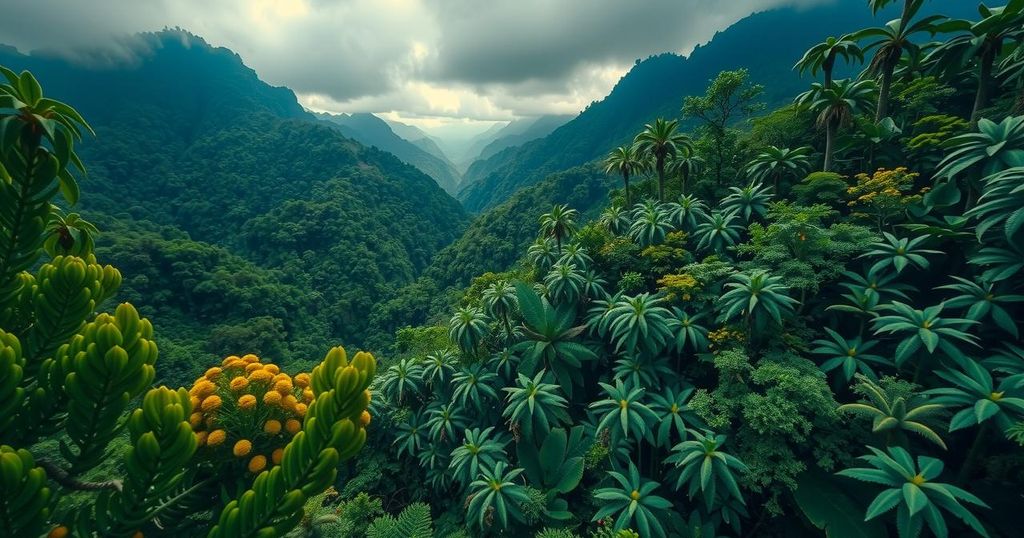Can the World’s Largest Forests Save Biodiversity and Combat Climate Change?
Forests are vital to biodiversity and climate health. Russia holds the largest forest area, while Brazil’s Amazon is a biodiversity hotspot facing deforestation. Canada’s and the U.S.’s boreal forests are crucial for wildlife habitat and climate stability, and China’s reforestation efforts support endangered species. The rise of ecotourism emphasizes the need for sustainable practices as these forests attract global travelers.
The world’s forests are fundamental to biodiversity, climate regulation, and carbon storage, serving as pillars of the Earth’s ecosystem. Recent assessments by the UN Food and Agriculture Organization indicate significant contributions from key nations to the global forest landscape. Russia, boasting the largest forest area globally, primarily comprises boreal forests or Taiga, essential for carbon storage and the protection of various endangered species. Brazil’s Amazon rainforest is another critical ecological area, home to vast biodiversity and vital to climate stability. However, deforestation from logging and agriculture poses significant threats, prompting extensive global conservation efforts. Meanwhile, Canada’s boreal forests are recognized for their ecological significance and conservation initiatives, contributing to wildlife habitat preservation and global carbon regulation. The United States features diverse forest ecosystems, including temperate rainforests and redwood forests, but faces challenges from climate-induced wildfires. In contrast, China’s ambitious reforestation programs have effectively combated desertification and are crucial for biodiversity, housing endangered species like the giant panda. The rise of ecotourism reflects a growing awareness of forest conservation’s importance, drawing tourists to explore these vital regions responsibly. Sustainable tourism practices are essential to protect these natural resources while fostering adventure and cultural experiences. As tourism continues to evolve, the balance between conservation and travel is of paramount importance.
This article discusses the ecological significance of forests worldwide and highlights the roles of specific countries such as Russia, Brazil, Canada, the United States, and China in forest conservation. It addresses the biodiversity supported by these forests and their critical functions in global carbon cycles and climate regulation, emphasizing their importance in tourism and conservation efforts.
In conclusion, forests are essential for maintaining global biodiversity and combating climate change. Nations like Russia, Brazil, Canada, and China play pivotal roles in protecting and managing their vast forested areas to support ecological health and sustain wildlife. Promoting sustainable tourism practices will be crucial as these countries navigate the challenges of increased visitor interest while ensuring the preservation of their natural resources for future generations.
Original Source: www.travelandtourworld.com




Post Comment